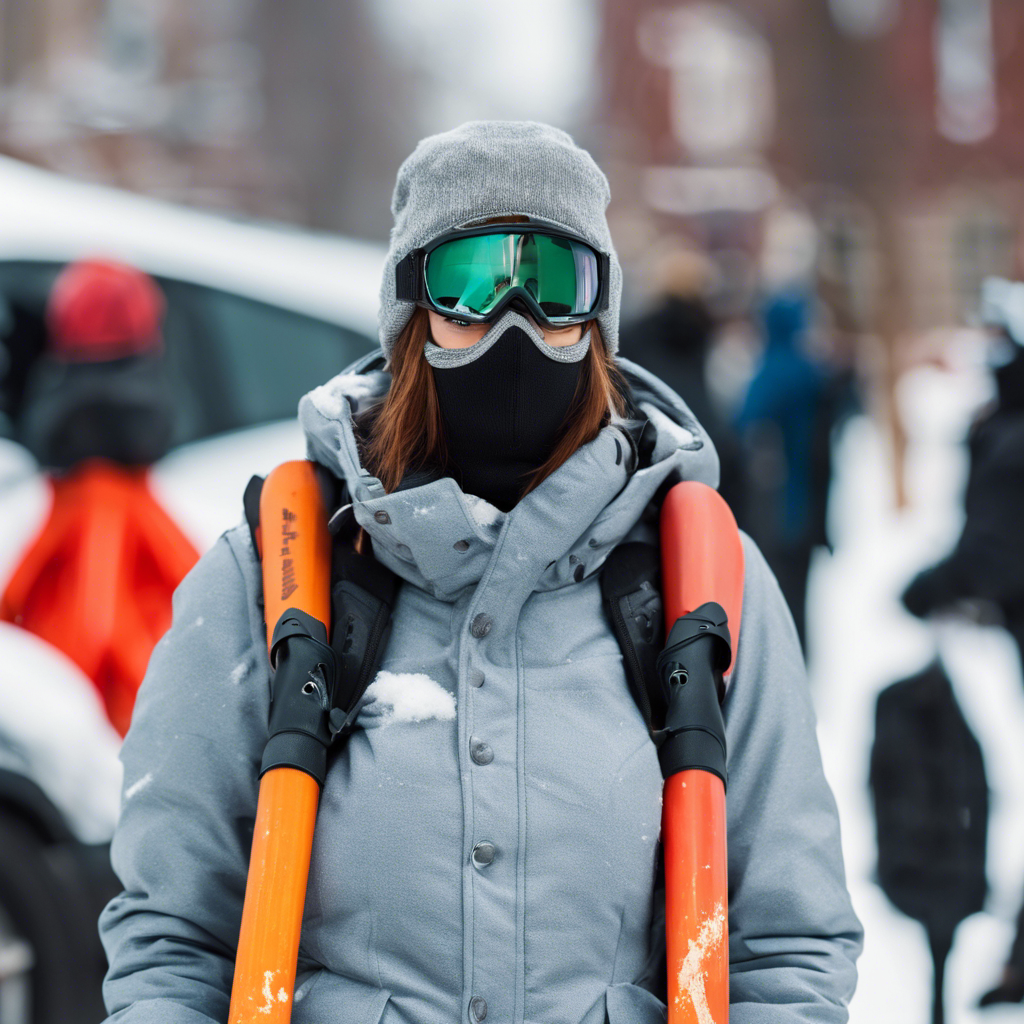Philadelphia Bans Ski Masks in Public Spaces to Increase Public Safety

Supporters argue that the ban will help combat rising violent crime, while opponents claim it unfairly targets individuals without evidence of wrongdoing.
In an effort to enhance public safety amidst rising violent crime rates, the Philadelphia City Council has passed legislation to ban the wearing of ski masks, or balaclavas, in certain public spaces. While proponents of the ban argue that it will aid law enforcement in identifying potential criminals, critics contend that it infringes upon personal freedoms and disproportionately targets individuals without proof of any unlawful activity. The passage of this legislation reflects the ongoing debate surrounding crime prevention measures and the delicate balance between accountability and community concerns.
The Rise of Violent Crime:
Philadelphia, the nation’s sixth-largest city, has been grappling with a surge in violent crime. In 2021, the city recorded a record number of homicides, primarily gun-related. Although the number decreased slightly in 2022, it remained higher than pre-pandemic levels. Advocates of the ban assert that it is a necessary step in curbing crime rates and ensuring public safety.
Differing Approaches: Philadelphia vs. New York City:
Philadelphia’s ban on ski masks stands in stark contrast to the approach taken by New York City. During the COVID-19 pandemic, New York City repealed a century-old law that prohibited face coverings in public, allowing for mask-wearing. The repeal was supported by those who argued that the previous law disproportionately targeted men of color and was used against protesters. The differing approaches highlight the complex considerations cities face when addressing crime prevention measures.
The Rationale Behind the Ban:
Supporters of the ban point to an increase in individuals casually wearing ski masks during the early stages of the pandemic in 2020. They argue that these masks hinder law enforcement’s ability to identify individuals, making it easier for potential criminals to evade detection. The legislation aims to address this issue by prohibiting the wearing of ski masks in public spaces such as schools, recreation centers, parks, city-owned buildings, and public transportation.
Opposition and Constitutional Concerns:
Despite the intentions behind the ban, it has faced significant opposition from progressive members of the City Council and the ACLU of Pennsylvania. Critics argue that there is no evidence to support the claim that ski masks cause or encourage crime. They also express concerns about the potential for unconstitutional police practices, as the ban grants authorities the power to stop civilians without suspicion of unlawful activity.
The Broader Context:
Philadelphia’s ban on ski masks is part of a larger puzzle that Democratic leaders are attempting to solve: striking a balance between addressing community concerns about safety and holding law enforcement accountable. Mayor-elect Cherelle Parker, who campaigned on a tough-on-crime platform, has emphasized the need for increased police presence within communities. However, her stance on allowing officers to use “reasonable suspicion” to stop individuals has drawn criticism for its potential similarities to the controversial stop-and-frisk tactic. Parker has appointed Kevin Bethel, a veteran police official, as her police commissioner, emphasizing his ability to restore order while ensuring police accountability.
Conclusion:
The ban on ski masks in Philadelphia’s public spaces reflects the city’s ongoing efforts to combat rising violent crime rates. While proponents believe the ban will aid law enforcement in identifying potential criminals, opponents argue that it infringes upon personal freedoms and lacks evidence to support its effectiveness. As cities grapple with finding the right balance between crime prevention and community concerns, the debate surrounding measures like the ski mask ban continues to evolve. Ultimately, the effectiveness and impact of such legislation will be closely monitored by both supporters and critics alike.

